✕

Column: hotelex news Tag: virus fight Published: 2020-02-15 22:23 Source: China Daily Author: www.fmprc.gov.cn
Source: China Daily / www.fmprc.gov.cn
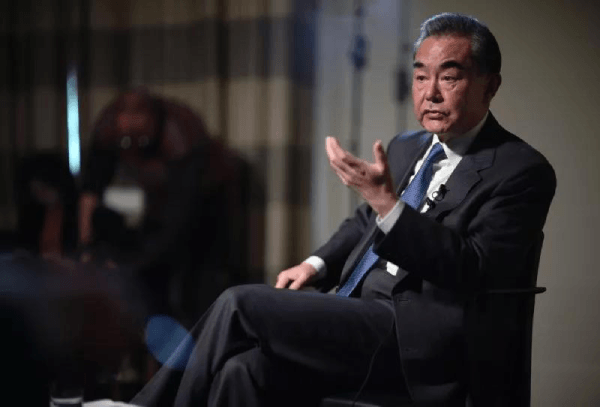
This sudden outbreak of novel coronavirus pneumonia (NCP, or COVID-19) is a severe challenge to China and the world at large. Under the leadership of President Xi Jinping, the Chinese government and people have withstood the test and won the respect and recognition of the international community with their efforts and even sacrifice.
After the outbreak, the Chinese government immediately set up a nationwide mechanism to mobilize resources from across the country. We have taken the most comprehensive, stringent and thorough prevention and control measures, many of which are well beyond what is required by the International Health Regulations and the recommendations of the World Health Organization (WHO).
With the Chinese speed, we are working day and night to save the life of every patient. With the Chinese strength, we are united as one to contain the further spread of the epidemic. Through these arduous efforts, the epidemic is generally under control. For example, outside Hubei, the number of confirmed cases has been declining for 11 consecutive days across China. That is a cumulative drop of over 50 percent. There is a rapid increase in the cure rate, and nearly 7,000 people have recovered and been discharged from hospital. The case fatality rate is about 2.2 percent nationwide and just 0.49 percent outside Hubei.
These facts and data show that China's decisive response is both right and effective, and that by and large, the outbreak is controllable and the disease curable. As President Xi Jinping points out, we have the confidence, capability and determination to prevail over the virus at an early date.
As a responsible major country, China has from the start acted in an open and transparent manner in releasing relevant information to the world and seeking international cooperation to prevent the spread of the epidemic worldwide. To date, the number of confirmed cases outside China is less than one percent of the total. We are not only doing our very best to ensure the life, safety and health of the Chinese people, but also making contribution and sacrifice for global public health. WHO has on multiple occasions commended China for its responsible actions, speaking highly of China's decisive response and expressing confidence that China will overcome this epidemic.
Virus respects no borders. It requires a collective response from the international community. To date, leaders of over 160 countries and international organizations have expressed their sympathy and support through telegrams or letters. The governments and peoples of several dozen countries are lending a helping hand, and we are truly grateful for these acts of kindness.
In our view, the enhanced inspection measures taken by some countries are reasonable but some other countries have overreacted. Their overreaction has caused unnecessary panic and is not consistent with the WHO recommendations. I believe as the epidemic is gradually brought under control, these countries may consider relaxing the restrictions. At the end of the day, normal exchanges and cooperation among countries must be maintained.
There is a Chinese saying: True gold can stand the test of fire. I'm sure that emerging from this test, the Chinese people will become more resilient and united and the Chinese economy will achieve more solid and sustainable growth. The Chinese people will continue to march confidently toward the goal of establishing a society of moderate prosperity in all respects and embark on a new journey of modernization.
There's another Chinese saying, "Adversity reveals true friendship." As China battles the disease together with the world, its friendship and trust with other countries will be strengthened and deepened. Countries will realize that they live in a global village, with their future interconnected like never before.
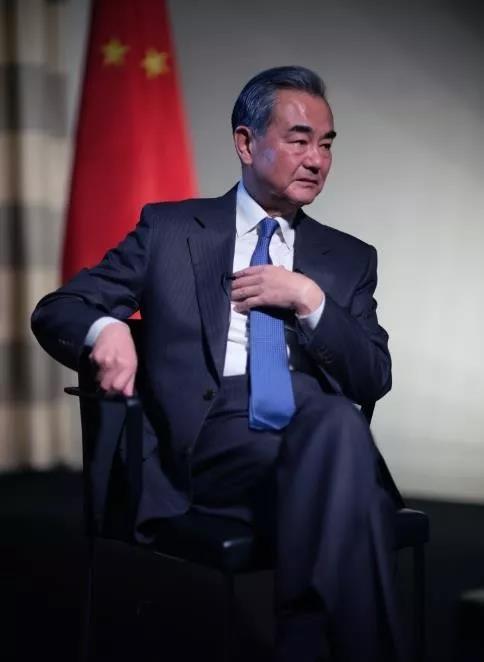
Well, this is a new virus. So naturally it takes time for people to gain more understanding and knowledge about it. The same has happened in other countries. If we look at past epidemics, we will see that the government will eventually make decisions based on serious and repeated tests and study. That is how a responsible government deals with it.
After individual cases emerged, the Chinese government took prompt actions and informed the WHO at the first opportunity. At the same time, we have made rigorous assessments. In a short period of time, we identified and decided that this is a new virus. Once that decision was made, a nationwide inter-agency task force was quickly put in place. The measures taken by China are timely and swift. This is also the conclusion of the WHO Director-General after his visit to China.
I don't want to single out individual countries. They have their own judgments and reasons. Everybody can see that the measures taken by those countries go far beyond the recommendations of the WHO. For example, measures have been taken to comprehensively stop people-to-people exchanges. And not only people in Wuhan are evacuated, people in regions where there are only isolated cases or where the epidemic is not severe are also pulled out. We do not interfere with the decisions of other countries. However, when these measures are taken, we must see whether they are truly beneficial to a joint response to the epidemic. There is a question mark on it.
This is a comprehensive battle and a people's war, with every person pitching in and playing a role. President Xi is personally overseeing and guiding the response to the epidemic. We quickly set up a national framework of epidemic control on this land of 9.6 million square kilometers and with 1.4 billion people. We are doing everything we can, leaving no stone unturned, in our efforts to contain and mitigate this epidemic. This is an unprecedented endeavor, which is probably unimaginable in many countries. But China pulled this off.
There may be certain questions or challenges to China. Yet the overwhelming majority of countries have expressed their appreciation for what China has been doing. They clearly recognized that only in China and only under the leadership of President Xi can there be such effective measures to put this sudden and fast spreading epidemic under control. What we're doing is protecting the health of the Chinese people and preventing this epidemic from further spreading to other parts of the world.
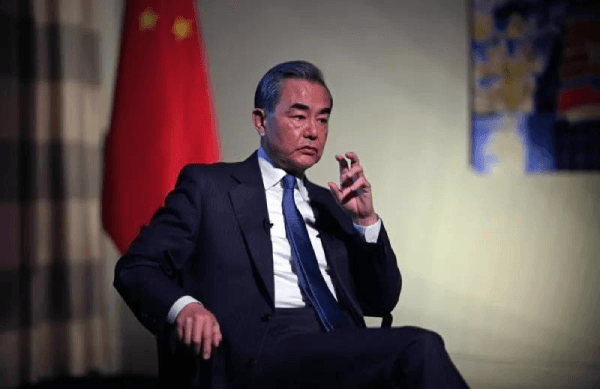
I can give you an example. The Spring Festival is one of the most important holidays in China. On the very first day of the Spring Festival holiday, President Xi convened the highest level meeting of the governing body, which is the meeting of the Standing Committee of the Political Bureau of the Central Party Committee, to draw up a comprehensive plan on responding to this epidemic, which initiated this nationwide battle against the epidemic. It has never happened before in Chinese history to have the highest level meeting of the Standing Committee of the Political Bureau on the first day of the Spring Festival. It shows President Xi's penetrating grasp of the situation, his outstanding leadership and China's strong mobilization capability.
President Trump has, on many occasions, publicly expressed his support to China's battle against the epidemic and his confidence that China will win the final victory. He called President Xi to convey his personal support to China. And all sectors in the US and the American people have acted to provide assistance to China, including cash and supplies. Those assistance is being delivered to Wuhan in different batches.
The latest news is that the US government is prepared to offer US$100 million to help China and other countries in need. We appreciate this goodwill gesture. We suggest that the assistance provided by the US be channeled and delivered as soon as possible to where the US believes are most in need.
We the Chinese people always honor our commitments. For whatever promise we have made, we will deliver on that. The phase one trade agreement has been reached between the two sides based on equality and mutual respect. We stand ready to work with the US to implement this agreement, which is good for China, good for the US and good for the world at large.
China is ready for that. The Chinese market is big enough to withstand the impact of the epidemic, which is temporary. When the epidemic is over, the subdued consumer demand will be released rapidly, the dynamism of China's economy will rebound strongly, and the market will continue to grow. We are advancing reform and opening up according to our own timetable and roadmap. There is no problem on the implementation of other aspects of the agreement.
I do see one issue that is happening. Given the US' highest-level travel advisory against China, practically that will bring about some challenges to the implementation of the agreement. We hope the US could think about this. While fighting the epidemic, what it could do to respect WHO's professional advice and refrain from taking unnecessary trade and travel restrictions in order to overcome the challenges to the implementation of this agreement. As long as the two sides are working together, I am sure that the implementation will be good. China will keep up its end of the bargain. We hope the US will do the same.
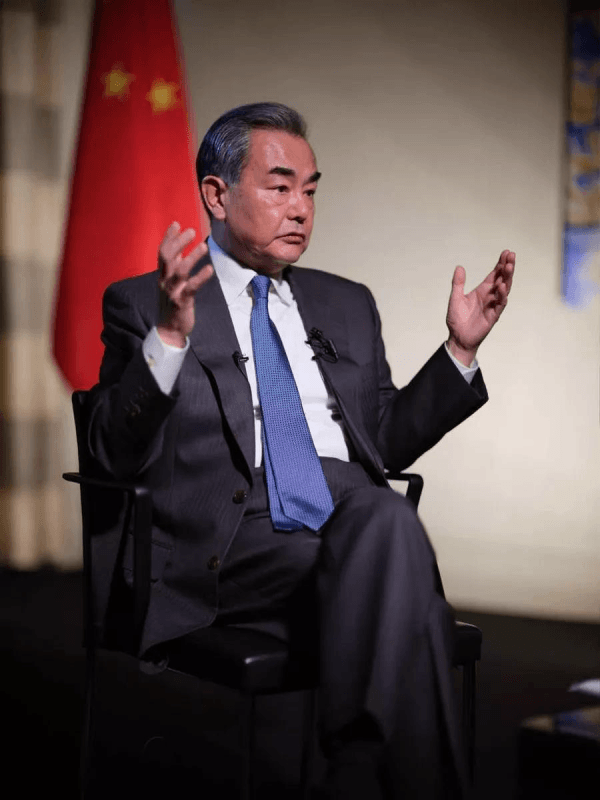
Human society has evolved in the fight against various epidemics. That is the case for all countries and also for China.
The epidemic may happen in one country today and it may happen in any other country tomorrow. Public health security is therefore a common challenge for the world. But to be fair, China has done a good job so far in responding to the epidemic. When the epidemic is over, we will of course look back and summarize experiences to see what can be done to improve the public health services in China, including our capacity.
As we improve ourselves, we will also help with the capacity building of other countries that are still weak in public health system. For example, we have introduced the eight major initiatives for China's cooperation with Africa, one of which focuses exactly on public health. So we will continue to promote public health cooperation with countries in Africa, just like what we did to help during the Ebola outbreak.
Other countries also have a part to play in this regard. When the H1N1 flu started in the United States in 2009, the virus also caused serious damage, affecting 214 countries and regions in the world. The US also needs to look back and learn from the experiences and lessons. All in all, public health is a common subject for the entire world. We need to work together to combine our strengths.
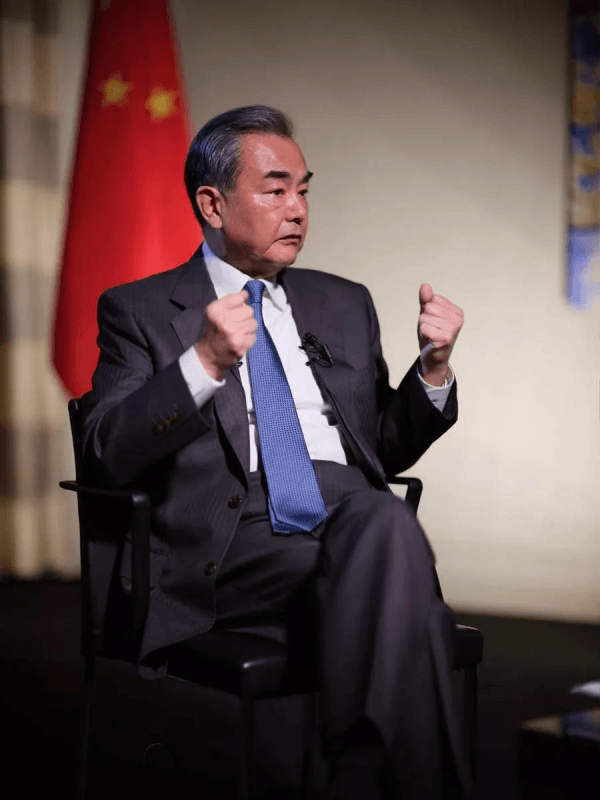
Previous:Spread of virus slows down nationwide
Next:China pushes for differentiated measures to battle coronavirus
Hot key words
Hot Products
Popular Vendors